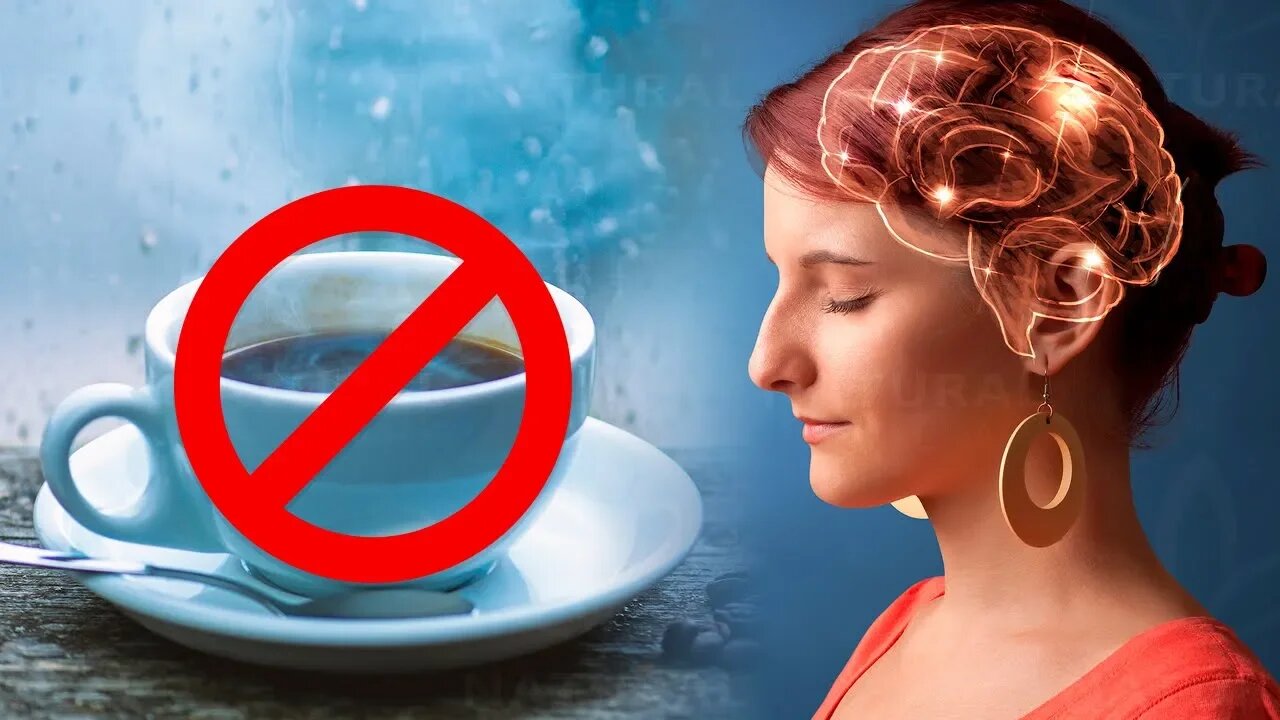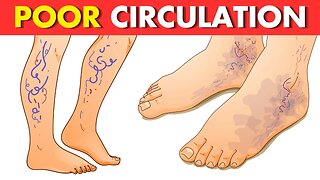Premium Only Content

What Happens to Your Body When You Give Up Caffeine
Are you one of those people who need at least one cup of coffee to start your day on the right foot?
Many people have the habit of drinking caffeine right after waking up, as a means of waking up the brain and getting that energy boost to start their days.
Besides that, many people also drink coffee because it helps them regulate their bathroom breaks.
It happens because coffee increases the levels of acid in the stomach, which causes a reaction in the intestines that makes us feel the need to go to the bathroom.
But not everything about coffee is good. Not all people who drink it enjoy the same benefits.
Some people end up getting more agitated than they would like, feeling more irritated and anxious, which can cause stress in the body, insomnia and muscle tension.
Other people complain about stomach discomfort, indigestion and heartburn after drinking it.
So, if you are someone who is thinking about stopping drinking coffee, know that many alternatives for it can give you a boost in the morning, but without causing these side-effects.
And for those are going to finally get rid of coffee, see what can happen to your body!
Tell us, do you drink coffee every day? Have you ever thought about stopping drinking it? If you have, tell us the results!
----------------------------------------
Facebook: https://bit.ly/38BWbw3
Pinterest: https://bit.ly/2Irvwa6
Disclaimer: The materials and the information contained on Natural Cures channel are provided for general and educational purposes only and do not constitute any legal, medical or other professional advice on any subject matter. These statements have not been evaluated by the FDA and are not intended to diagnose, treat or cure any disease. Always seek the advice of your physician or other qualified health provider prior to starting any new diet or treatment and with any questions you may have regarding a medical condition. If you have or suspect that you have a medical problem, promptly contact your health care provider.
-
 4:50
4:50
Natural Cures
1 year ago $1.29 earned5 Warning Signs of Poor Circulation and How to Fix It
4.13K3 -
 2:43:30
2:43:30
TimcastIRL
5 hours agoSouth Park Goes FULL CHARLIE KIRK, Latest Episode ROASTS Trump Again | Timcast IRL
210K77 -
 LIVE
LIVE
SpartakusLIVE
6 hours agoThe Return of the KING of Content
459 watching -
 10:05
10:05
MattMorseTV
9 hours ago $5.71 earnedHe actually did it...
55.1K18 -
 1:32:39
1:32:39
Anthony Rogers
1 day agoEpisode 376 - Todd Schowalter
19.7K -
 3:42:07
3:42:07
megimu32
5 hours agoOTS: Movie Tie-In Games + Remakes: Let’s Play Memory Lane
41.1K5 -
 1:15:06
1:15:06
Adam Does Movies
12 hours ago $0.79 earnedTalking Movies + Ask Me Anything - LIVE
22K1 -
 1:17:18
1:17:18
Glenn Greenwald
1 day agoWhat are CBS News' Billionaire Heirs Doing with Bari Weiss? With Ryan Grim on the Funding Behind It; Europe Capitulates to Trump Again | SYSTEM UPDATE #494
108K83 -
 1:43:49
1:43:49
RiftTV
7 hours agoCNN Calls Black NY Shooter WHITE, Cincinnati FATIGUE | The Rift | Guest: Braeden Sorbo, 2Protects1
49.6K15 -
 4:21:04
4:21:04
LumpyPotatoX2
8 hours agoKilling Floor 3: Rampage & Chaos - #RumbleGaming
17.2K1